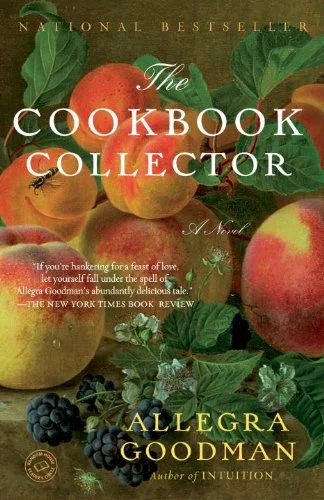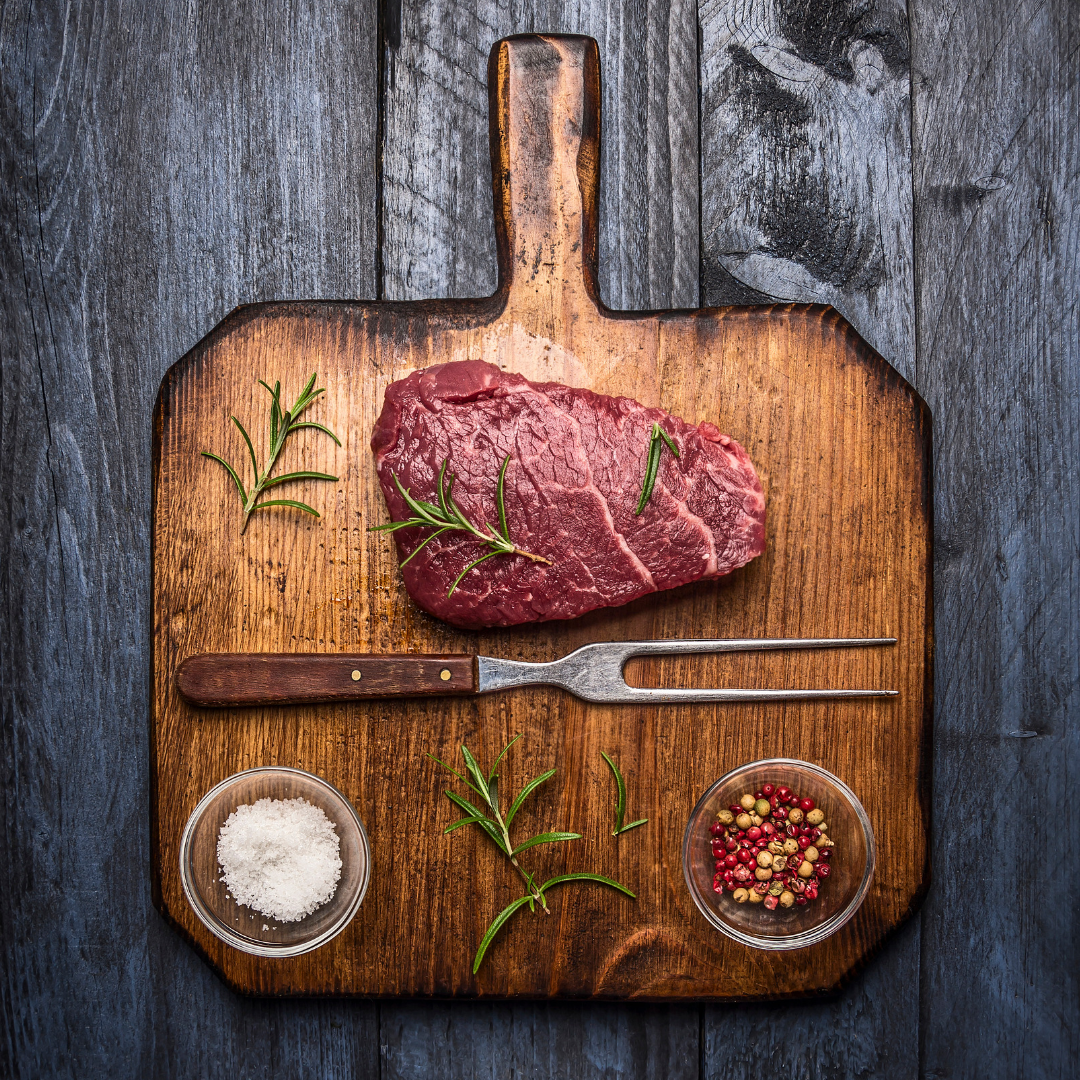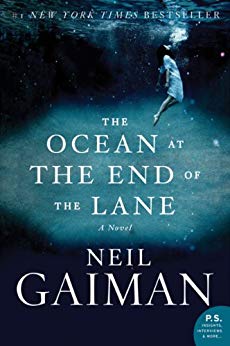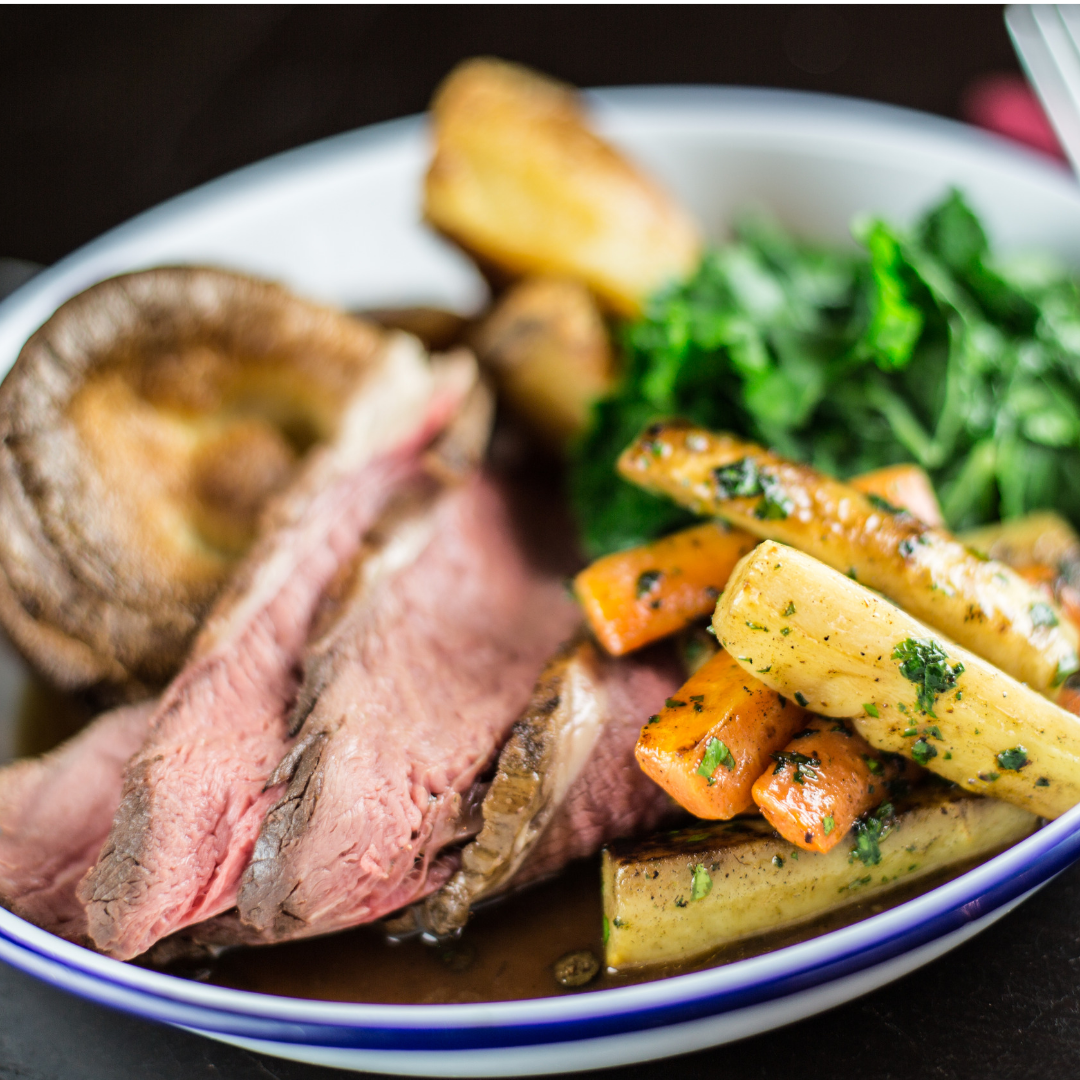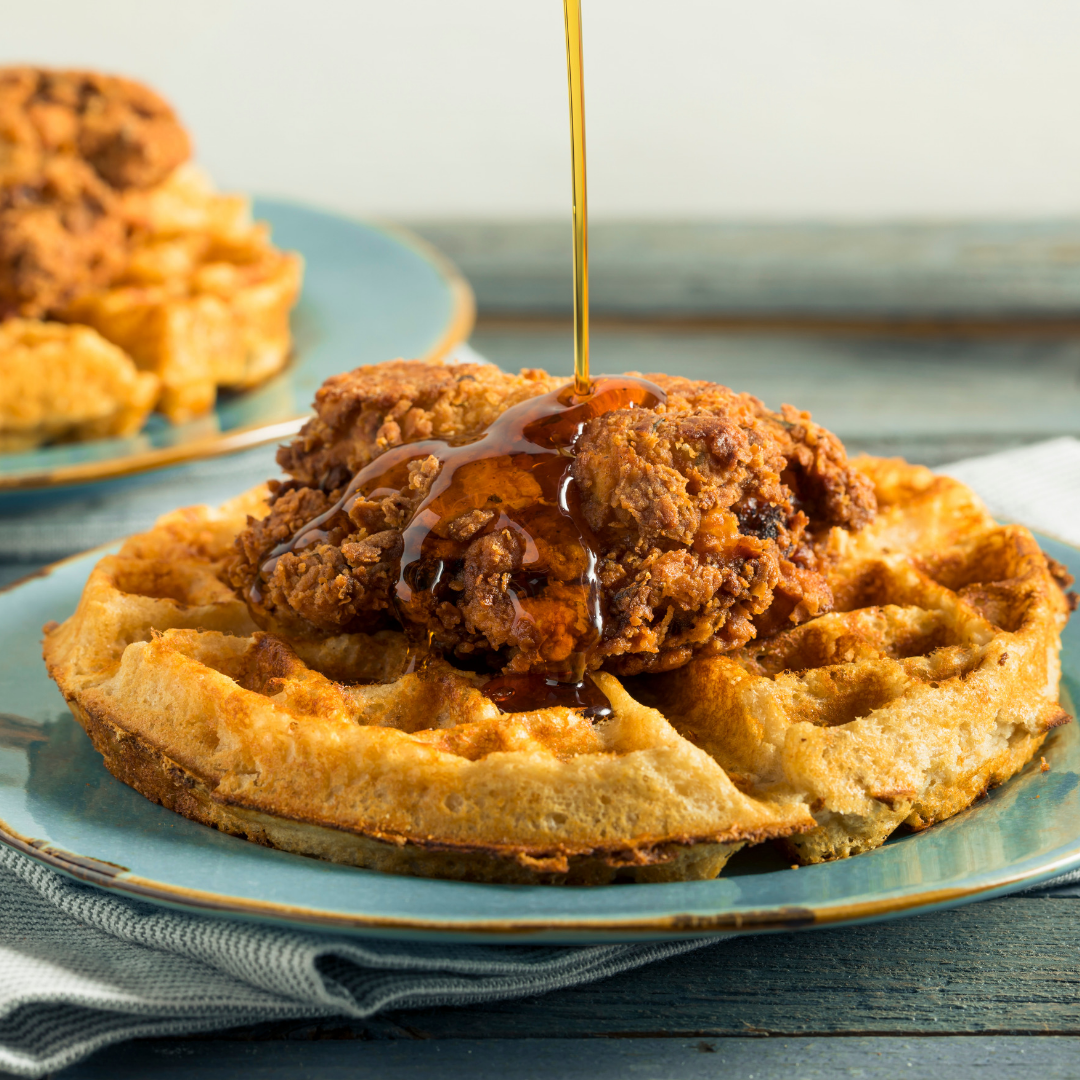Allegra Goodman is a masterful storyteller and I didn't appreciate her in my 20s and 30s. Obviously I was too young for her genius. So I ended up not reading anything of hers in the past ten years. Now I've read two of her books in a month and loved them. It's so nice to re-find authors when you're a grownup.
If Goodman’s novel The Cookbook Collector has an audience of one, I am it. It’s a family-and-friends saga with absolutely no secondary characters. Admittedly, I wasn’t as invested in the other storylines as much as I was totally immersed in Jess and George. George owns a rare bookshop. George is old and set in his ways. George is secretly in love with Jess. And George, my friends, cooks.
I mean he motherf’ing cooks!
George had studied old photographs to re-create his kitchen’s 1933 layout with two open cupboards for dishes, scant counter space, and just one sink. No downdraft grill, no appliance hutches, no microwave, no island, only an oak table. George’s kitchen was all air and light, with arched windows soaring almost sixteen feet to a peaked roof supported by trussed beams. Californian and medieval, the room was chapel-like, its woods ranging from gold to claret, its floorboards aged, its hones soapstone counters silky to the touch, luscious black when wet.
He opened the first bottle of the evening, a crisp Soave by way of appetizer, and as he sipped, he parboiled new potatoes, blanched green beans, reduced the sauce for the béarnaise. He had learned his way in the kitchen from an old girlfriend… Margaret taught George the mysteries of meat and fish, how to fillet a trout, and the best way to braise lamb and steam artichokes. She had explained the varieties of mushrooms and their uses, demonstrated the gentle stirring of risotto, how to select a perfect ripe tomato, and when to buy a peach… She and George would fall asleep with the scent of cinnamon or lemongrass or cardamom clinging to their clothes…
Just as wines opened at the table, so the friends’ thirst changed. Their tongues were not so keen, but curled, delighted as the wines deepened. Nick’s Latour was a classic Bordeaux, perfumed with black currant and cedar, perfectly balanced, never overpowering, to genteel to call attention to itself, but to splendid to ignore. Raj’s Petrus, like Raj himself, more flamboyant, flashier, riper, ravishing the tongue. And then the Californian, which was in some ways richest, and in other most ethereal. George was sure the scent was eucalyptus in this Heitz, the flavor creamy with just a touch of mint, so that he could imagine the groves of silvery trees. The Heitz was smooth and silky, meltingly soft, perhaps best suited to George’s tournedos, seared outside, succulent and pink within, juices running, mixing with the young potatoes and tangy green beans crisp enough to snap.
If he could have Jess, he would feed her. Laughable, antique, confusingly paternal, he longed to nourish her with clementines, and pears in season, fresh whole-wheat bread and butter, wild strawberries, comté cheese, fresh figs and oily Marcona almonds, tender yellow beets. He would sear red meat and grill spring lamb. Cut the thorns off artichokes and dip the leaves in fresh aioli, poach her fish—thick Dover sole in wine and shallots—julienne potatoes, and roast a whole chicken with lemons slices under the skin. He would serve a salad of heirloom tomatoes and fresh mozzarella and just-picked basil. Server her and watch her savor dinner, pour for her and watch her drink. That would be enough for him. To find her plums in season, and perfect nectarines, velvet apricots, dark succulent duck. To bring her all these things and watch her eat.
Now this is my kind of book boyfriend. I confess to wanting to smack Jess around a little when she was being so resistant to George’s culinary talents. Seriously, girl, if you don’t want him, I’ll take him! Bring all those things to me and watch me eat.
